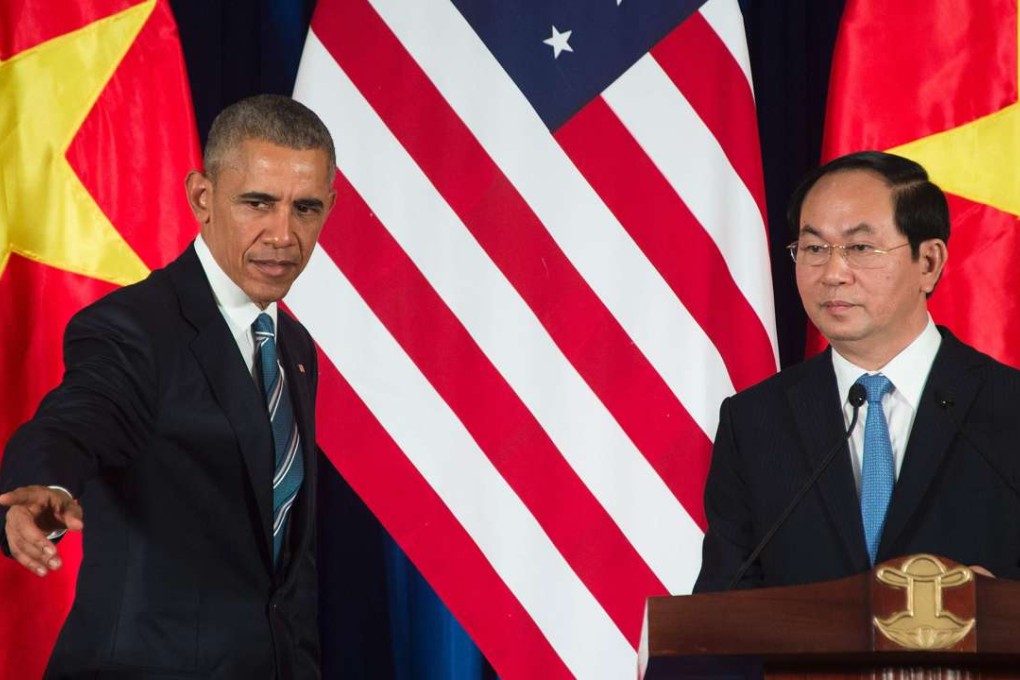Update | Obama says US decision to lift decades-old arms embargo on wartime foe Vietnam was ‘not based on China’
Lifting the arms embargo would be a psychological boost for Vietnam’s leaders as they look to counter an increasingly aggressive China in the region

Beijing said it welcomed improving US-Vietnam ties after the Obama administration ended its embargo on sales of lethal arms to Vietnam, an historic step that draws a line under the two countries’ old enmity and underscores their shared concerns about China’s growing military clout.
US President Barack Obama announced the full removal of the embargo Monday at a news conference where he vowed to leave behind the troubled history between the former war enemies and embrace a new era with a young, increasingly prosperous nation.
“At this stage, both sides have established a level of trust and cooperation, including between our militaries, that is reflective of common interests and mutual respect,” Obama said alongside his Vietnamese counterpart President Tran Dai Quang.
“This change will ensure that Vietnam has access to the equipment it needs to defend itself and removes a lingering vestige of the Cold War.”
The decision to lift the ban was not based on China... but on our desire to complete what has been a lengthy process moving towards normalisation with Vietnam
Obama, the third US president to visit Vietnam since ties were restored in 1995, has made closer diplomatic and military cooperation with countries across the Asia-Pacific a centrepiece of his foreign policy.
Washington partially lifted the embargo on arms in 2014, but Vietnam wanted full access as it tries to deal with China’s land reclamation and military construction in the disputed South China Sea.